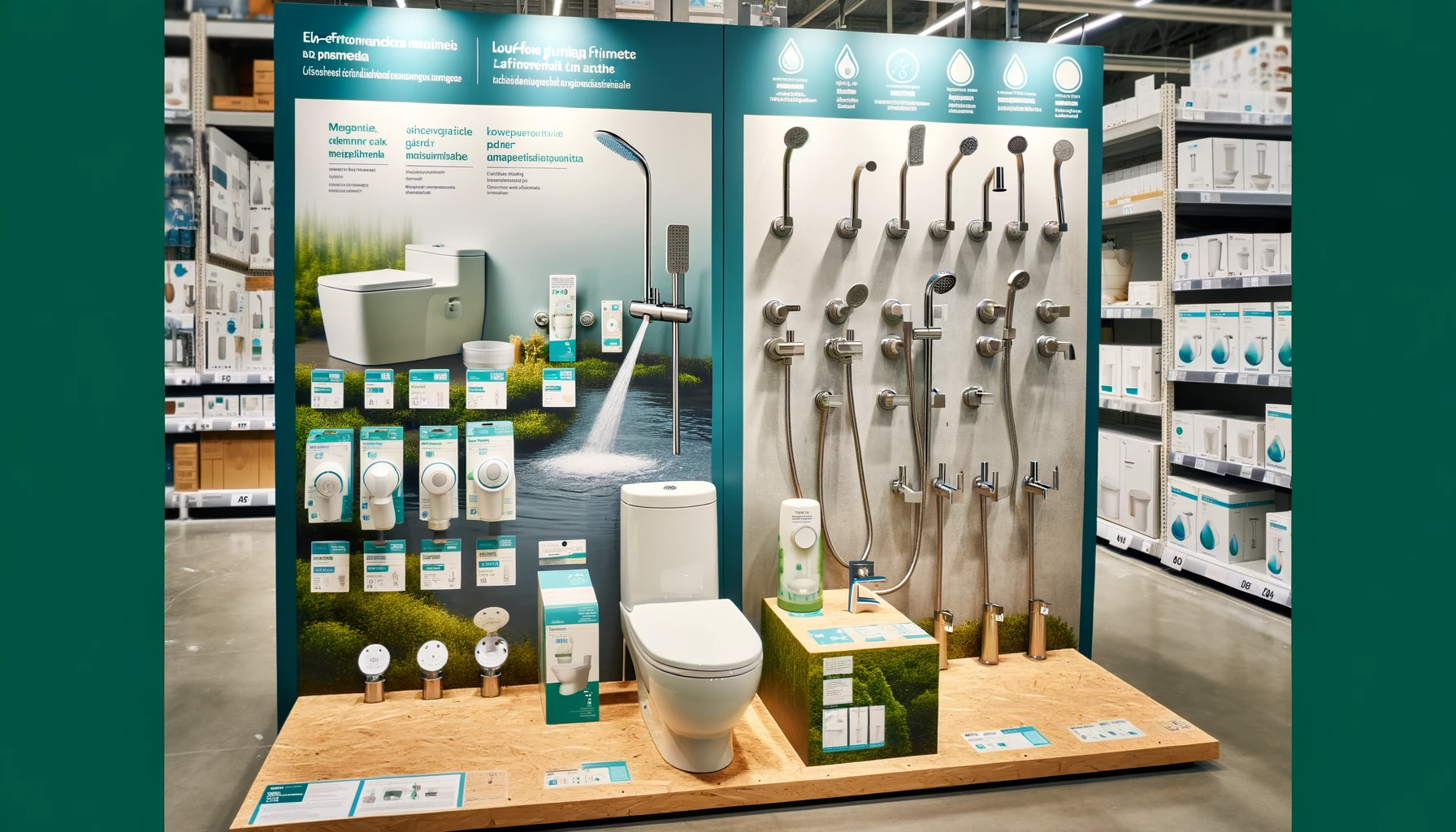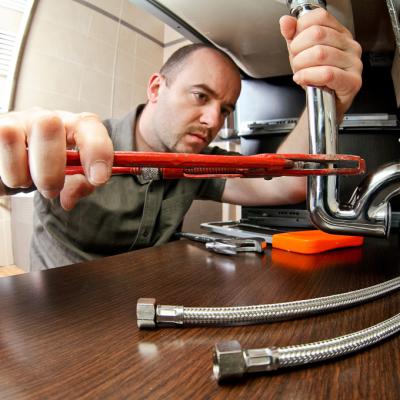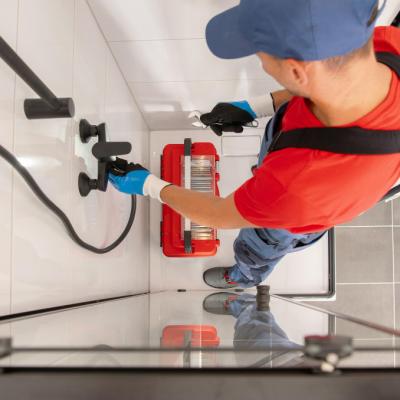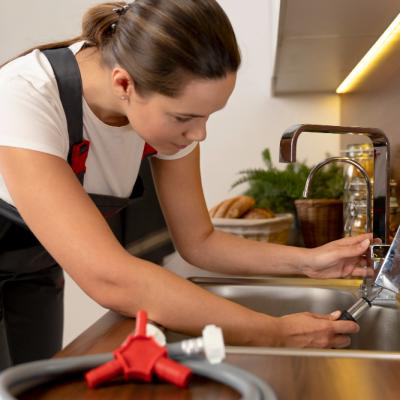As environmental awareness continues to grow, there is an increasing demand for eco-friendly plumbing solutions.
Homeowners and businesses alike are seeking ways to reduce their environmental impact by adopting sustainable practices and products. This article examines the rise in demand for eco-friendly plumbing solutions, the types of products available, and how plumbers can respond to this trend.
Introduction to Eco-Friendly Plumbing
Eco-friendly plumbing focuses on reducing water and energy consumption, minimizing waste, and promoting the use of sustainable materials. This approach not only benefits the environment but also helps homeowners save on utility bills and enhance the value of their properties. Key elements of eco-friendly plumbing include water-efficient fixtures, greywater recycling systems, and the use of non-toxic materials.
Types of Eco-Friendly Plumbing Solutions
-
Low-Flow Fixtures: Low-flow toilets, faucets, and showerheads are designed to use significantly less water than traditional fixtures. These products maintain performance while reducing water consumption by up to 50%.
-
Greywater Recycling Systems: Greywater systems collect and treat water from sinks, showers, and laundry for reuse in irrigation and toilet flushing. This reduces the demand for fresh water and minimizes wastewater.
-
Tankless Water Heaters: Tankless water heaters heat water on demand, eliminating the need for a storage tank. This reduces energy consumption and provides an endless supply of hot water.
-
Rainwater Harvesting Systems: These systems collect and store rainwater for use in irrigation, flushing toilets, and other non-potable applications. This helps reduce the strain on municipal water supplies.
-
Non-Toxic Materials: The use of non-toxic, biodegradable, and recyclable materials in plumbing systems helps reduce environmental impact. This includes pipes made from sustainable materials and eco-friendly sealants.
-
Solar Water Heaters: Solar water heaters use energy from the sun to heat water, significantly reducing reliance on conventional energy sources. These systems are highly efficient and can lower energy bills.
Benefits of Eco-Friendly Plumbing Solutions
Adopting eco-friendly plumbing solutions offers numerous benefits:
-
Water Conservation: Eco-friendly fixtures and systems reduce water consumption, helping to conserve this precious resource. This is particularly important in regions experiencing water scarcity.
-
Energy Efficiency: Products like tankless water heaters and solar water heaters reduce energy usage, lowering utility bills and decreasing the carbon footprint of a home.
-
Environmental Impact: Sustainable plumbing practices minimize waste, reduce pollution, and promote the use of renewable resources. This contributes to a healthier environment for future generations.
-
Cost Savings: While eco-friendly products may have higher upfront costs, they offer long-term savings on water and energy bills. Incentives and rebates are also available in many regions for installing sustainable systems.
-
Enhanced Property Value: Homes and businesses with eco-friendly features are often more attractive to buyers and tenants. This can increase property values and improve marketability.
How Plumbers Can Respond to the Demand for Eco-Friendly Solutions
Plumbers play a crucial role in the adoption of eco-friendly plumbing solutions. Here are some strategies for responding to this growing demand:
-
Educate Yourself and Your Team: Stay informed about the latest eco-friendly products and technologies. Participate in training programs and workshops to enhance your knowledge and skills.
-
Promote Sustainable Products: Offer a range of eco-friendly products and services to your customers. Highlight the benefits of these solutions and how they can contribute to water and energy savings.
-
Provide Expert Advice: Educate your customers about the advantages of eco-friendly plumbing and help them choose the best options for their needs. Offer consultations and assessments to identify opportunities for improving sustainability.
-
Partner with Manufacturers: Collaborate with manufacturers of eco-friendly products to gain access to the latest innovations and technical support. This can also help you stay ahead of industry trends.
-
Implement Sustainable Practices: Adopt eco-friendly practices in your business operations, such as reducing waste, recycling materials, and using energy-efficient equipment. This demonstrates your commitment to sustainability.
-
Leverage Incentives and Rebates: Inform your customers about available incentives and rebates for installing eco-friendly plumbing systems. This can make these solutions more affordable and attractive.
Conclusion
The rising demand for eco-friendly plumbing solutions presents a significant opportunity for plumbers. By embracing sustainable practices and promoting eco-friendly products, plumbers can meet the needs of environmentally conscious customers and contribute to a more sustainable future. Staying informed, educating customers, and partnering with manufacturers are key strategies for success in this growing market.












